NetEase Games Creates Digital Space for Disabled People
As technology rapidly develops, the internet serves as a new medium transcending time and space where humans can extend into a virtual world. For the disabled in particular, games offer a space free from societal limitations and identities imposed on them by views on physical ability. NetEase Games has assumed the responsibility of addressing special needs groups so that everyone has a chance to play. By exploring inclusive game design, leveraging the role of social media, and utilizing AI technology to create sound restoration tools, NetEase Games has worked to achieve technological inclusiveness while continuing to explore the value of game technology, endowing games with more positive social significance.
I. Designing Inclusive Game Experiences
For many disabled people, games are not just a source of entertainment but also a space full of countless possibilities, as well as a way to connect and communicate with the outside world. Whether experiencing the charm of traditional culture and martial arts in like Naraka: Bladepoint, or wandering through a beautiful world and making friends in Justice Online, digital technology and the virtual world of games provide the disabled with an irreplaceable spiritual home.
However, at the same time, digital technology has its own limitations and cannot address all physical needs. Whether because of visuals and audio elements or operation methods, many games still lack assistance, making it difficult for disabled individuals to be fully engaged in the gameplay. NetEase Games is committed to helping special needs groups and aims to eliminate the "digital divide" separating disabled individuals by using inclusive design to achieve positive gaming experiences.
For example, color-blind and color-weak individuals often face difficulties with color recognition in games, which can affect their gaming experience. Recognizing these needs, the design team for Infinite Borders developed an integrated "color-weak mode" for accessibility, providing color-blind and color-weak players with more color settings options. By selecting different options, players can instantly view the changes in colors and choose the scheme that offers them the highest clarity. Once they enable the color mode, the algorithms adjust all corresponding resource colors onscreen. Even for subsequent updates and new content, it will automatically adapt.
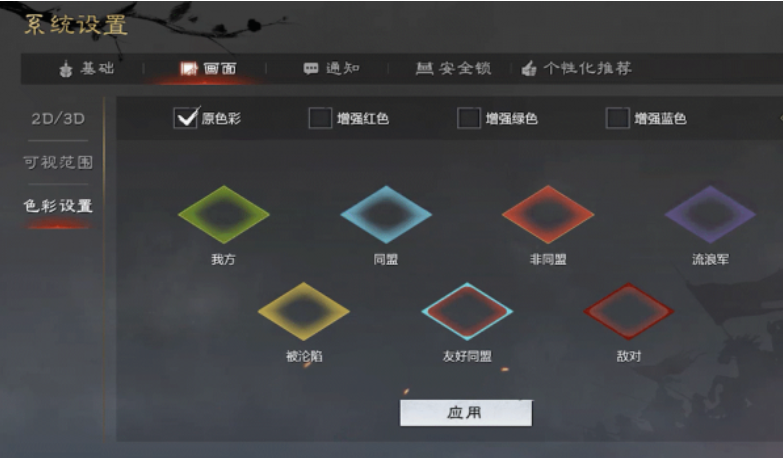
Infinite Borders: The Color Settings
This design recently received the prestigious Red Dot Design Award, also known as the "Oscars of the design industry". By turning concepts into reality and using design to help others, Infinite Borders maintains a strong sense of social responsibility and compassion, truly enabling individuals with special needs to have an equal gaming experience.
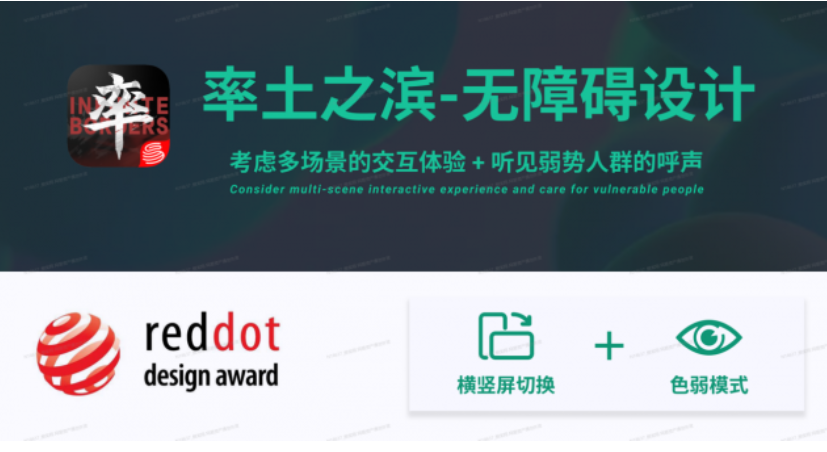
Infinite Borders: Inclusive Design
II. Games for the Greater Good
With its immersive format, games have become an important medium for communication nowadays, helping to promote societal values through vibrant sensory experiences and strong interactivity. At the same time, people can also participate in the production and dissemination of information by producing games and having a positive influence with content creation.
In 2022, NetEase Games hosted the 5th Mini-Game Challenge for Universities, on the theme of "Exploring the Boundaries of Civilization, Creating Dreamlike Adventures". The challenge encouraged creators to explore innovative expressions of traditional culture and integrate topics on public benefits, guiding university students to explore the multifaceted value of games. With reviews and testimonies from industry professionals from NetEase Entertainment, professors from Peking University and Communication University of Zhejiang, as well as industry media personnel, more than 2,000 game enthusiasts from over 400 universities worldwide participated in the challenge. Nearly 50 outstanding games combining games and healthcare or games and public benefits were produced, crafting digital interactive experiences to express topics related to public benefits.
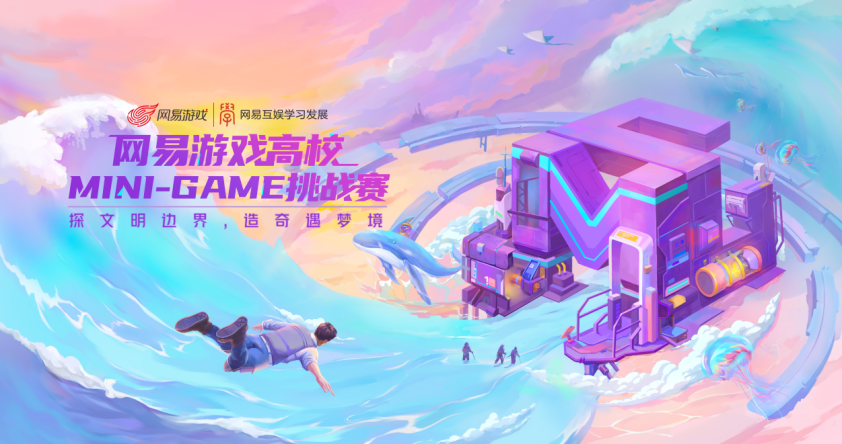
NetEase Games: The 5th Mini-Game Challenge for Universities
For example, the original game The Gift of the Stars aimed to assist in the treatment and care of adolescents with autism. Combining beautiful and creative art design with cute character models and abundant interactive designs, it attempted to provide assistance in three major aspects: information processing abilities, desensitization therapy intervention, and language dialogue training. The design of the game drew on a large amount of resources and offline treatment activities about autism, such as Play and Culture Intervention therapy (PCI), Pivotal Response Treatment (PRT), Applied Behavior Analysis (ABA), clapping games, pocket-touching games, and more. The color tones in the game were also beneficial for assisting with the treatment of adolescents with autism, creating different environments and color tones based on different situations.
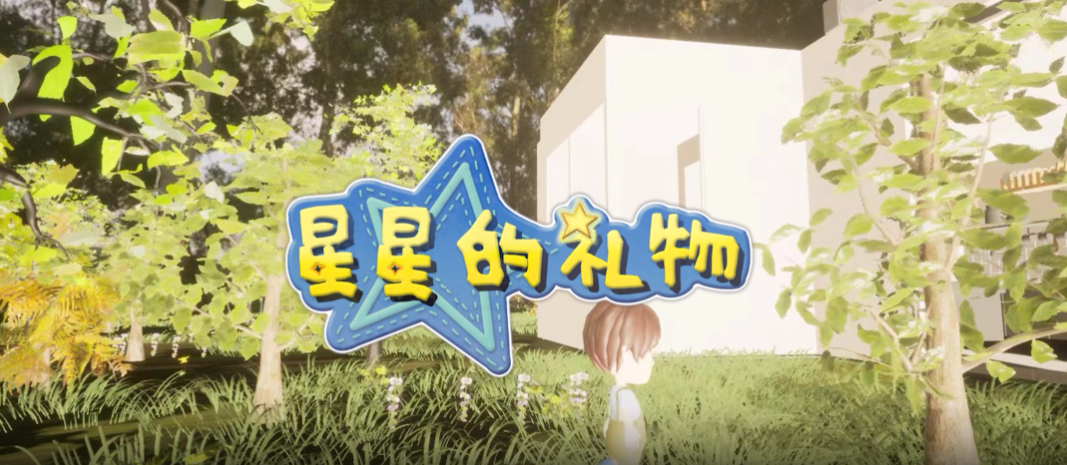
Original Game: The Gift of the Stars
Another example is Light, which focused on the visually impaired in its design. Its game design provided players with daily life experiences for the visually impaired, deepening people's understanding and compassion for this group. For the visually impaired, key sources of information are often dependent on sound. Therefore, in the game, players need to complete levels based on sound cues. By listening to different sound cues, players gradually illuminate the levels, immersed in the game and experiencing the mindset of the visually impaired.

Original Game: Light
III. Empowered by Technology for a Better World
With the development of AI technology, NetEase Games is not only accelerating its practical application in games but also committed to helping each player realize the convenience of new technology and how it can promote the greater good. Recently, NetEase Group and NetEase Public Welfare jointly launched the "First Sentence in Life" sound restoration program in collaboration with the Zhejiang Foundation For Disabled Persons’. An AI-based tool for restoring the original voices of the hearing-impaired was created to help 27.8 million hearing-impaired individuals in China regain their voices using NetEase's iSpeech technology from AI Lab. Through innovative digital technology, NetEase Games helped fulfill lifelong dreams of the hearing-impaired community to "speak their first sentence", assisting disabled individuals to integrate and allowing those silent voices to be heard.
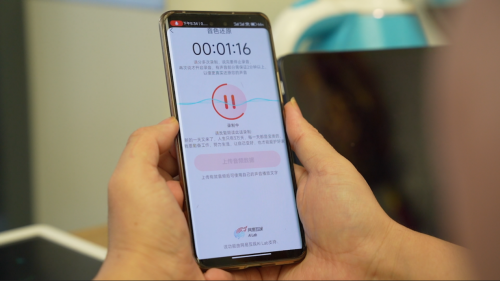
NetEase: "First Sentence in Life"
Most voice cloning products on the market require complete speech samples to collect data, which is not well-suited for hearing-impaired individuals unable to produce such a sample. Moreover, most communication tools available for the hearing-impaired now only have text-to-speech capabilities, meaning they cannot express themselves with their own voices and have to rely on the tool’s speech library. The research and development team at NetEase’s AI Lab developed a new iSpeech technology that uses a pre-trained model based on big data combined with a fast fine-tuning algorithm model using a minimal amount of pure speech data from the hearing-impaired. This technology allows for the rapid cloning of new speaker voices while retaining the content pronunciation ability of the base model. This is the first voice restoration tool for hearing-impaired individuals in China. Users only need to upload a two-minute speech segment without complete semantic content and then input the desired text. Then they can "speak" with their own voices through the voice restoration tool, achieving real-time fluent expression and conveying their true sentiments.
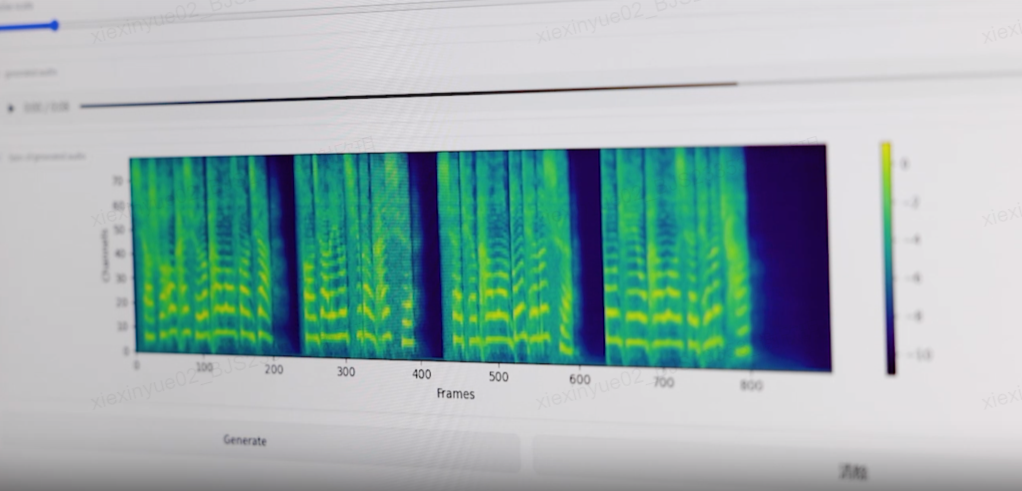
NetEase AI Lab: iSpeech Technology
Zhao Xiaofei, Chairman of Zhejiang Foundation For Disabled Persons’, stated that there are a total of 1.337 million certified disabled individuals in the eastern Zhejiang Province, including 208,000 with hearing disabilities and 17,000 with speech disabilities. The voice restoration tool developed by NetEase's AI Lab can effectively help them communicate in their daily lives, greatly changing their living, learning, and working environments and capabilities. This tool enables them to truly participate in social life and evens the playing field.
Technology—including games—should serve the greater good. With the booming development of the gaming industry, games have increasingly gained influence, thus they must assume responsibilities beyond guaranteeing good-quality works. NetEase Games has persisted in creating a range of socially beneficial works, harnessing the advantages of technology, transforming the benefits of games into benefits for all. By digitally reaching out to special groups and participating in social welfare, NetEase continues to explore the wide-ranging values of games.

